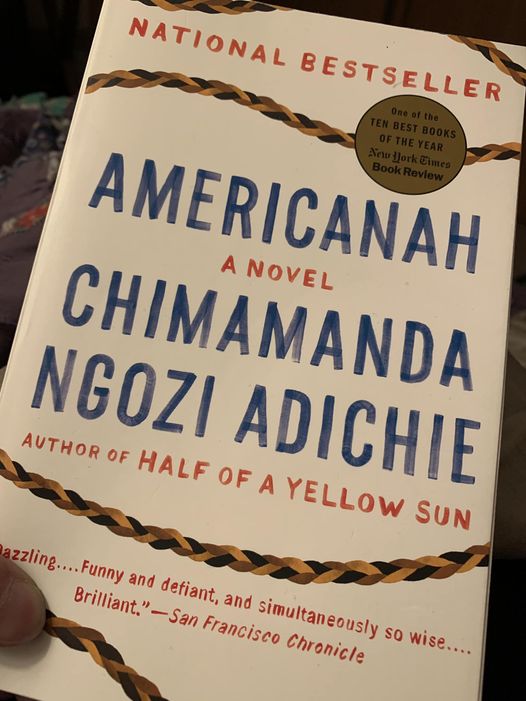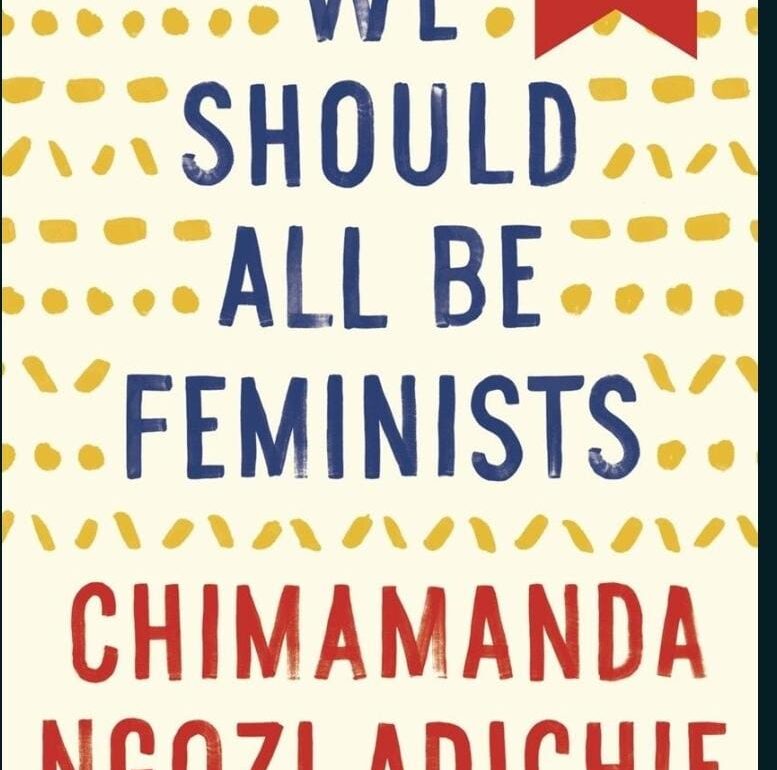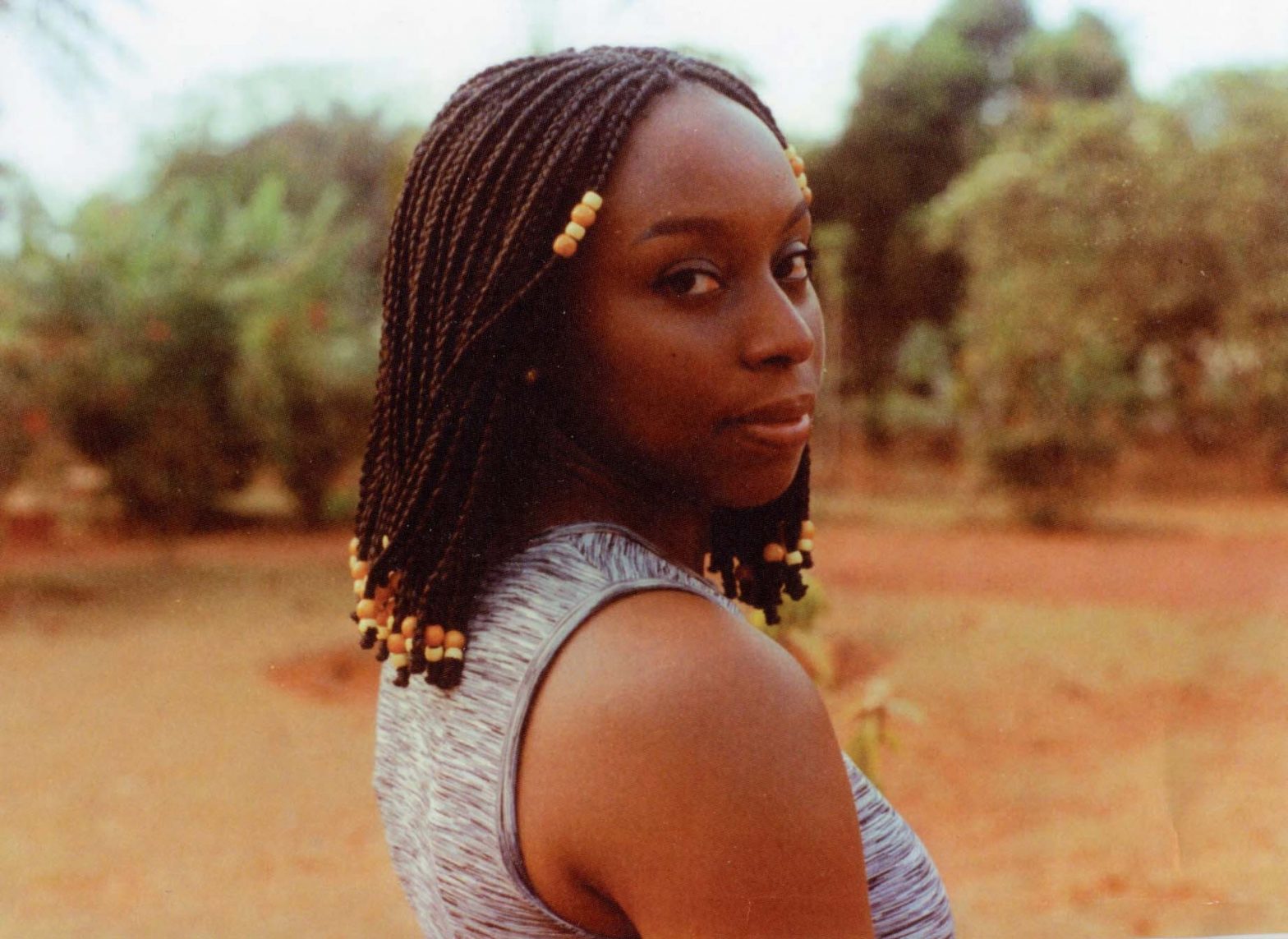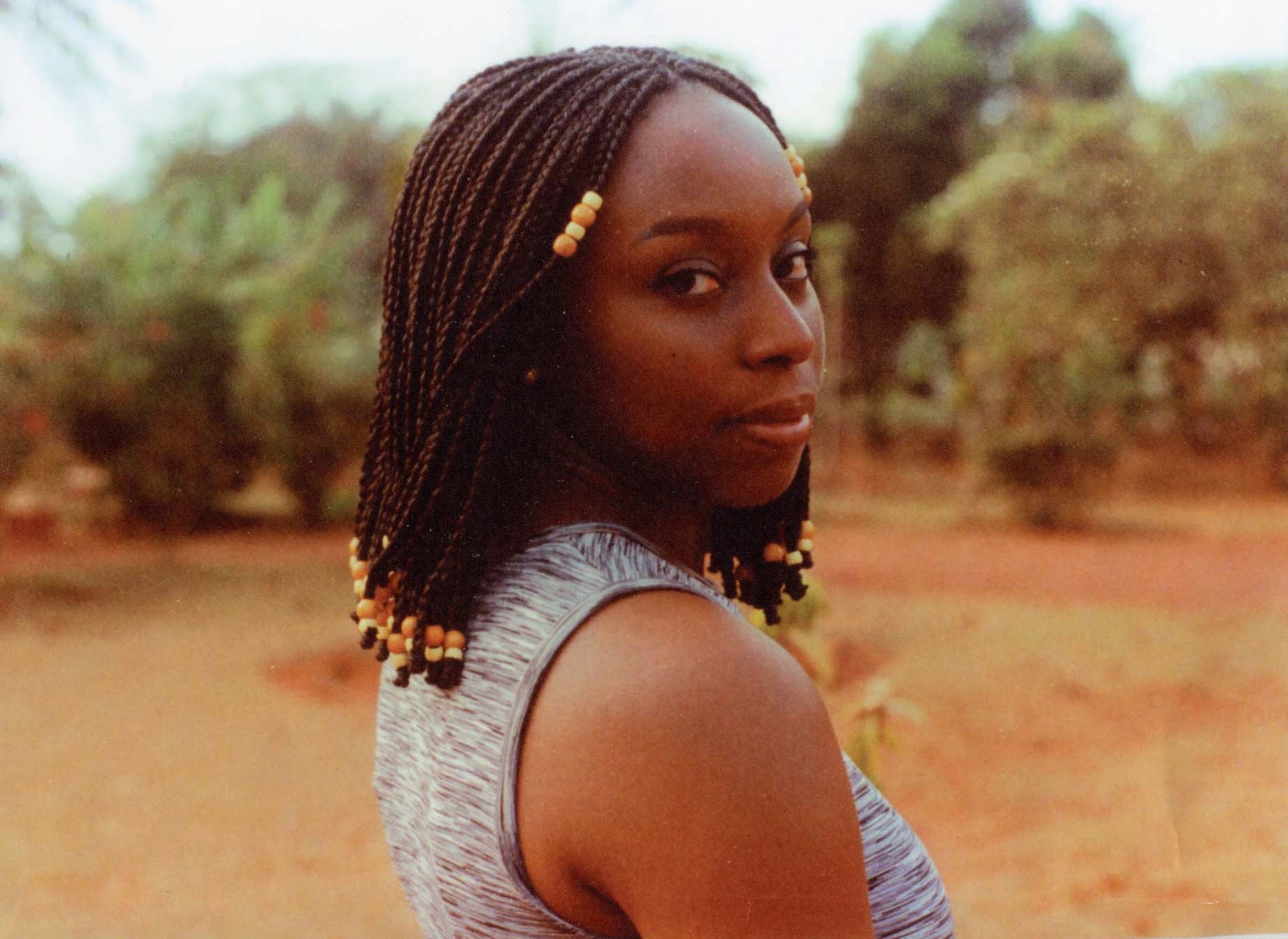Title: Americanah
Author: Chimamanda Ngozi Adichie
Publisher: Alfred A. Knopf
Reviewer: Kelvin J. Shachile
Unlike Half of a Yellow Sun that made her cry, Chimamanda Ngozi Adichie describes her third novel Americanah as a book that made her laugh. Published in 2013 by Alfred A. Knopf, the voluminous text is a book that made me think. Right from its opening, Americanah displayed an appreciation of spatial variations; a core concept in geography. The understanding of how both physical and human environments are different across places. The book that has been reviewed by many as one of the most powerful love stories ever written, Chimamanda doesn’t give us a fairytale thought regarding the magic that love can create, but invites serious debates regarding the underlying human experiences and cultural differences that most of the time is shielded from us in some romance stories. Fiction, I have always believed was invented to give us the platform to retell life’s experiences and not just entertain.
Spanning decades, right from the times of military dictatorship in Nigeria to a new democratic country, Chimamanda serves us the human experiences of innocence, love, privilege, dissatisfaction, immigration, disappointments, re-invention, success and reunion. The story is the life journey of Ifemelu, a strong spirited young Nigerian who moves to the United States for her University education but meets a new life upon the realization that she is not just a person; she is a black person and in her later writings on her blog, narrates what it means to hold that label. The book also carries the story of her lover, Obinze who tries his luck to get a visa to the US but fails. He lands in the UK and has the experience of his own as an undocumented immigrant.
Chimamanda carries us from a campus in Nigeria to the US and UK at the same time with fine details that introduce the readers to a critical task of having a keen scrutiny regarding the environments of these spaces. Reading Americanah wasn’t only a journey into understanding the politics of black hair, identity and immigration. It was a reintroduction to the fictional approach of learning and teaching social, cultural and political geography. Chimamanda doesn’t spare the truth regarding what poverty looks like in both Africa and United States. Privilege and social classes are defined. The crossing of borders, transnational encounters and misconceptions of abroad re-initiated in me the eagerness of determining truth and stereotypes and the need for offering clarity regarding locations and spaces while learning and teaching globalization.
I have felt, on so many occasions that Chimamanda writing Americanah was a task of passion and intention; to clarify the narratives of spaces. In one of the classes while discussing about ‘Minorities in Senior Countries’, Americanah became a reference text regarding opportunities and limitations for people from still developing countries who flee home in search for better lives in countries that are considered more developed; regardless of the outcome story, we should all appreciate the existing truth that dominates this text, we should endeavor to teach honest and deep critical aspects of socio-cultural geographies of the world with appreciation of how real human experiences should be made central.
Kelvin J. Shachile is a Kenyan writer. Co-author of Hell in the Backyard and Other stories. Kelvin has been published in anthologies including The Best New African Poets 2018 anthology, The Country of Broken Boys Anthology, The Armageddon and other stories and in Agbowo’, Mwangaza, Kalahari Review, Writers Space Africa and elsewhere. He holds a B.A from Maasai Mara University and currently pursuing his M.A at Masinde Muliro University of Science and Technology. He was Longlisted for the 2019 African Writers Awards-Children’s literature Category and shortlisted for Wakini Kuria Award for Children’s literature.




